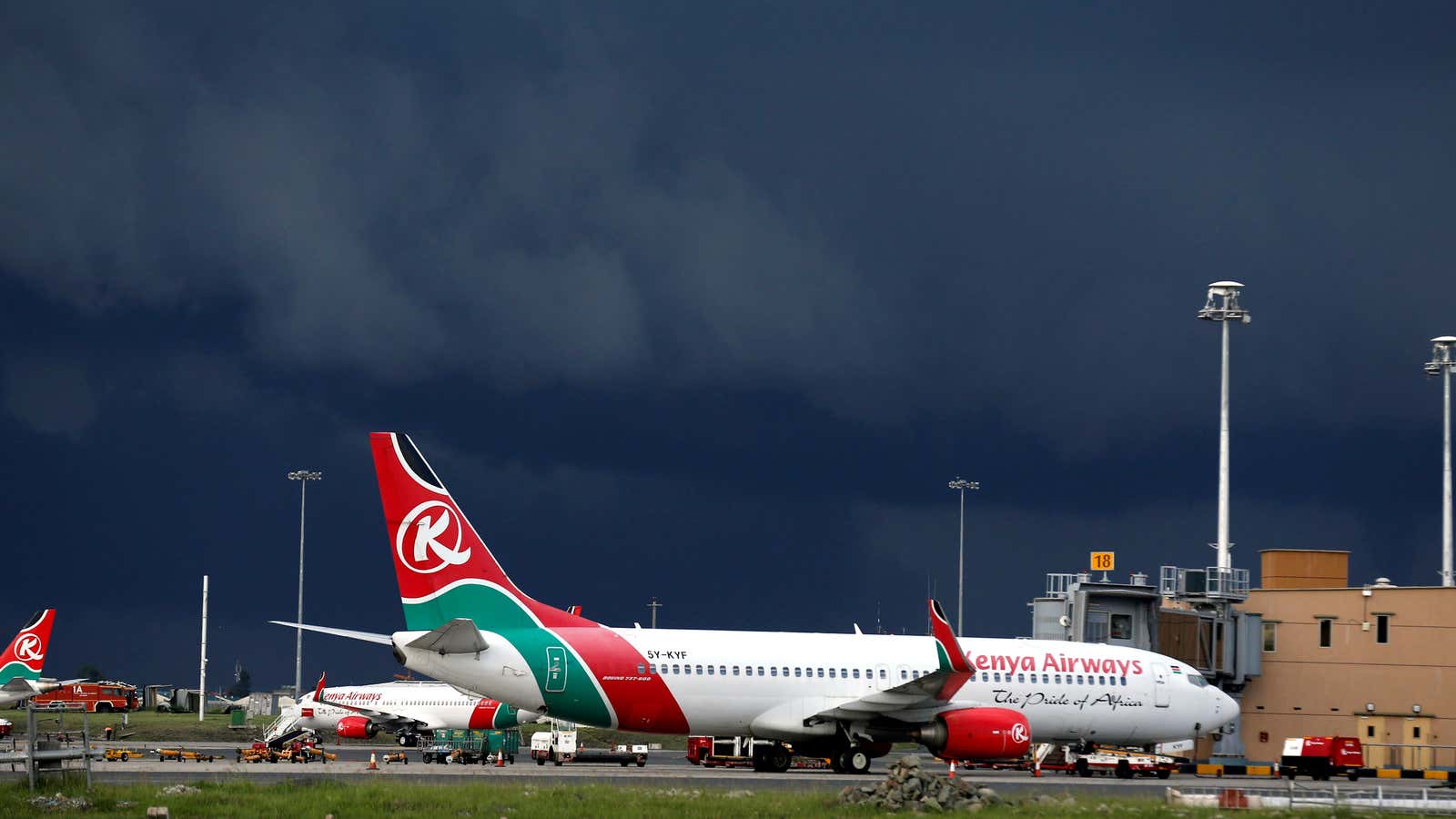Africans visiting Kenya will no longer need to get a visa before traveling to the East African nation, the latest country to join a continent-wide push to boost integration and free movement.
During his inauguration for a second term in office, president Uhuru Kenyatta announced that Africans wishing to visit Kenya will be eligible to receive a visa on arrival. The directive, he said, was meant to enhance trade, security, and intercontinental travel. Kenya already had one of the more straightforward online processes for short-term visas.
“The free movement of people on our continent has always been a cornerstone of Pan-African brotherhood and fraternity,” Kenyatta said. “The freer we are to travel and live with one another, the more integrated and appreciative of our diversity, we will become.”
He made his announcement in front of African leaders from Djibouti, Ethiopia, Gabon, Nigeria, Rwanda, Somalia, Uganda, and Zambia, among others.
Moving across Africa or anywhere else is tough for Africans, who have the least powerful passports in the world. Even North Americans and Europeans travel faster and with less restrictive visa processes within the continent than most Africans. But over the last couple of years, there’s been a drive by the African Union and others to see that movement across the continent becomes easier.
The African Development Bank, which monitors visa openness of countries, says at least 21 countries have loosened or scrapped their visa rules altogether. Along with Seychelles, which has had no visa requirements for long, Ghana, Rwanda, Mauritius, Nigeria, and Benin have all adopted this no visa policy over the last two years. The African Union also launched a continental passport last year as part of its move to encourage open borders.
In his speech, Kenyatta went ahead and said that members of the East African Community (EAC) will be treated as Kenyans when they visit the country. They will be able to use their identity cards, and not passports, to do business and own property in Kenya. The EAC consists of six countries including Burundi, Kenya, Rwanda, South Sudan, Tanzania, and Uganda. Kenyatta said he didn’t expect any reciprocity from his other member states.
“Together, we can deliver the peace and prosperity for which our citizens are crying out; divided, we will struggle to realize the full potential of our people,” Kenyatta said.
